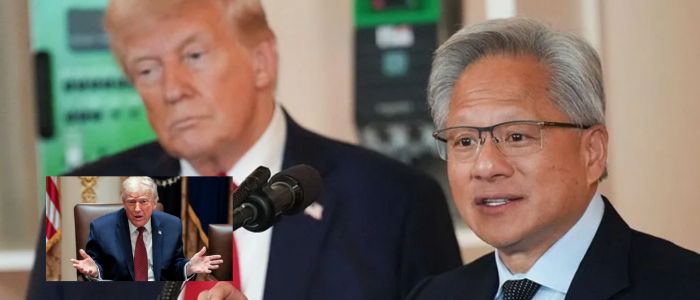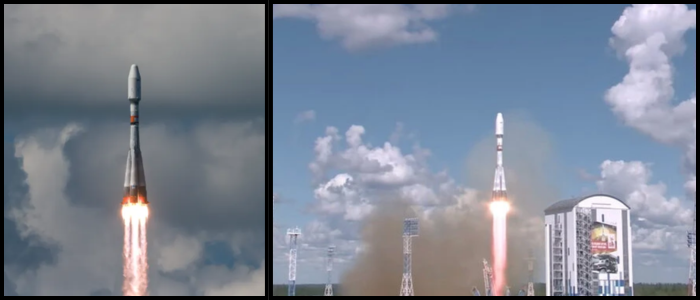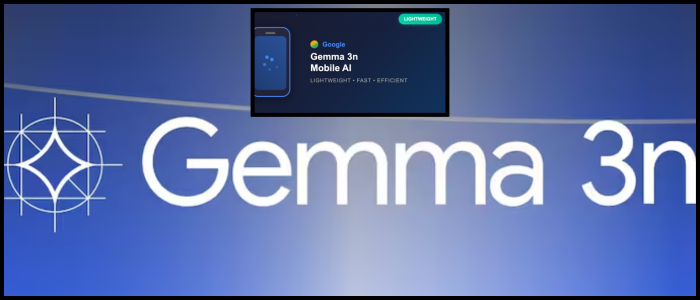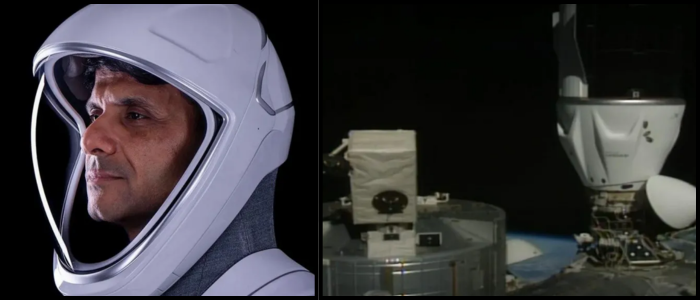The 39-year-old Indian Air Force officer is flying the mission and blasted off (Image Source: NASA) The mission, which has been designed to establish whether any form of life has ever existed on the moon, launched from NASA's Kennedy Space Center in Florida at 02:31 EDT on Wednesday (12:01 IST). He is part of a four-member international crew that includes astronauts from Hungary and Poland — which, like the United States, is returning to space after a gap of more than 40 years. Veteran astronaut Peggy Whitson is in charge of the mission.
Symbolic Mission and Aspirations for the Future
The journey of Group Captain Shukla represents a giant leap for India 41 years after Rakesh Sharma took his flight to space in 1984 on a Russian Soyuz. For India, with its plans to send a human to space in 2027, create a space station by 2035 and get to the Moon by 2040, this mission is regarded as a major leap forward.
ISRO shelled out 500 crores ($59 million) for Shukla to be catapulted into space in a seat aboard Ax-4, he mission that could help the organization develop vital experience and capabilities. After the launch, Shukla spoke to the nation from space: "We're back in space after 41 years… This is the beginning of India's human spaceflight."
Prime Minister Narendra Modi congratulated the astronaut, saying he was the hope of 1.4 billion Indians.
Busy Days Ahead on the ISS
The Ax-4 crew, Weizecong Nick Lu from China and two cosmonauts from Russia will carry out 60 scientific experiments over the two weeks, including seven from India. Shukla will be engaging with students and could also talk to Prime Minister Modi from space.
The Indian experiments go with agriculture, biology and human health in space. They range from testing how space impacts crop seeds, to growing microalgae for food and fuel, studying how tardigrades survive in space, and analyzing muscle loss and cognitive changes in microgravity.
Group Captain Shukla was born in Lucknow in 1985, joined the Indian Air Force in 2006 and has more than 2,000 flying hours. After landing, he called his journey "transformative" and urged his countrymen to "pray for the success of our mission."
Tech
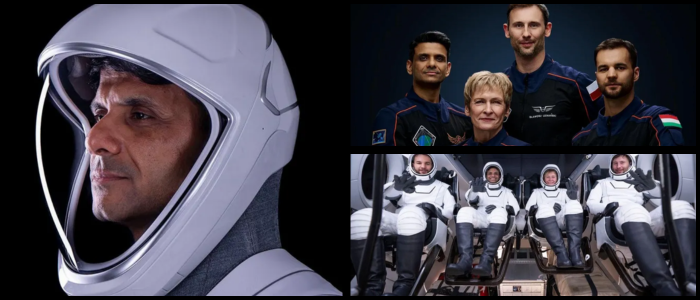
India Sends First Astronaut to Space After 41 Years

India is marking a historical occasion as Group Captain Shubhanshu Shukla became the country's first astronaut in more than 40 years to reach space. He is the first Indian to ever travel to NASA's International Space Station (ISS) and his mission is called Axiom-4 (Ax-4), a multi-national collaboration by NASA, ISRO, ESA, and SpaceX.








